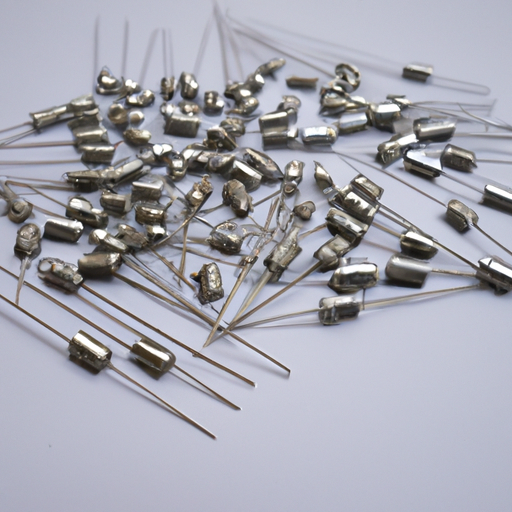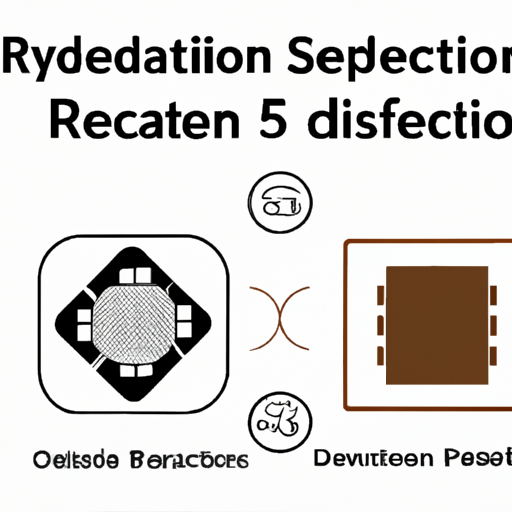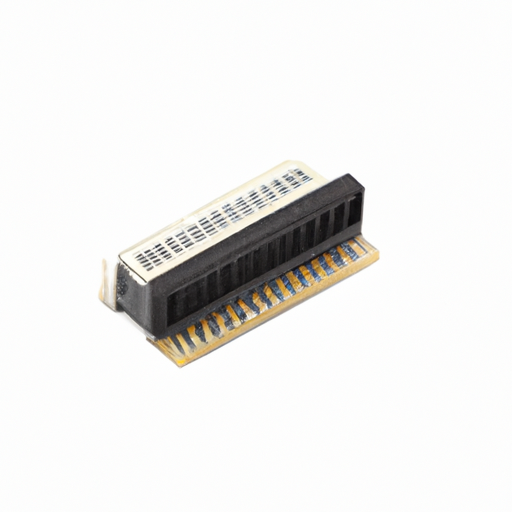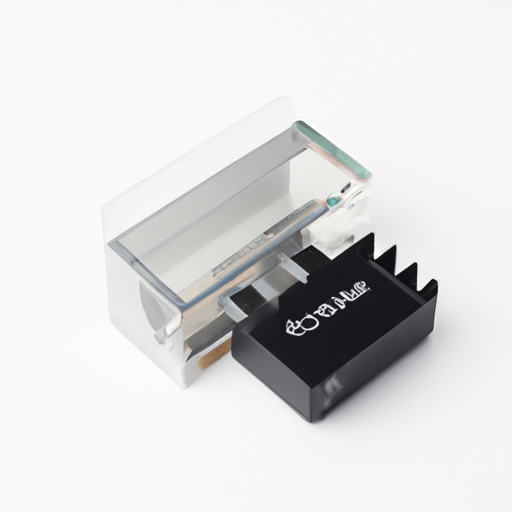What is the Price of Popular Standard Resistor Models in Stock?
I. Introduction
Resistors are fundamental components in electronic circuits, serving the crucial role of controlling the flow of electric current. They are used in a variety of applications, from simple circuits to complex electronic devices. Understanding the different types of resistors and their pricing is essential for anyone involved in electronics, whether you're a hobbyist, a student, or a professional engineer. This article aims to provide an in-depth analysis of the prices of popular standard resistor models currently in stock, helping you make informed purchasing decisions.
II. Understanding Resistor Types
Before diving into pricing, it's important to understand the various types of resistors available on the market.
A. Fixed Resistors
1. **Carbon Film Resistors**: These are made from a thin layer of carbon film deposited on a ceramic substrate. They are widely used due to their low cost and decent performance. Prices typically range from $0.01 to $0.10 per unit, depending on the wattage and tolerance.
2. **Metal Film Resistors**: Known for their accuracy and stability, metal film resistors are made from a thin layer of metal. They are more expensive than carbon film resistors, with prices ranging from $0.05 to $0.50 per unit.
3. **Wirewound Resistors**: These resistors are constructed by winding a metal wire around a ceramic or fiberglass core. They can handle higher power ratings and are often used in high-performance applications. Prices can range from $0.10 to $5.00, depending on the specifications.
B. Variable Resistors
1. **Potentiometers**: These are adjustable resistors used to control voltage levels. They are commonly found in audio equipment and other adjustable circuits. Prices typically range from $0.50 to $5.00.
2. **Rheostats**: Similar to potentiometers but designed to handle higher currents, rheostats are used in applications where variable resistance is needed. Prices can range from $1.00 to $10.00.
C. Specialty Resistors
1. **Thermistors**: These temperature-sensitive resistors are used in temperature sensing and control applications. Prices can vary widely, ranging from $0.50 to $20.00, depending on the type and specifications.
2. **Photoresistors**: Also known as light-dependent resistors (LDRs), these resistors change resistance based on light exposure. Prices typically range from $0.10 to $2.00.
III. Factors Influencing Resistor Prices
Several factors can influence the pricing of resistors, making it essential to consider these when making a purchase.
A. Material Composition
The material used in the construction of a resistor significantly impacts its price. Carbon film resistors are generally cheaper than metal film or wirewound resistors due to the cost of materials and manufacturing processes.
B. Tolerance and Precision
Resistors come with different tolerance levels, which indicate how much the actual resistance can vary from the stated value. Standard tolerances (e.g., ±5%) are less expensive than precision resistors (e.g., ±1% or ±0.1%), which are used in applications requiring high accuracy.
C. Power Rating
The power rating, measured in watts, indicates how much power a resistor can handle without overheating. Higher wattage resistors are typically more expensive due to the materials and construction techniques required to ensure safety and reliability.
D. Manufacturer and Brand Reputation
Well-known brands often charge a premium for their products due to their reputation for quality and reliability. While it may be tempting to opt for cheaper alternatives, investing in reputable brands can save you money in the long run by reducing the risk of failure.
E. Market Demand and Supply Chain Issues
Market demand and supply chain disruptions can also affect pricing. For instance, during periods of high demand or shortages, prices may increase significantly.













